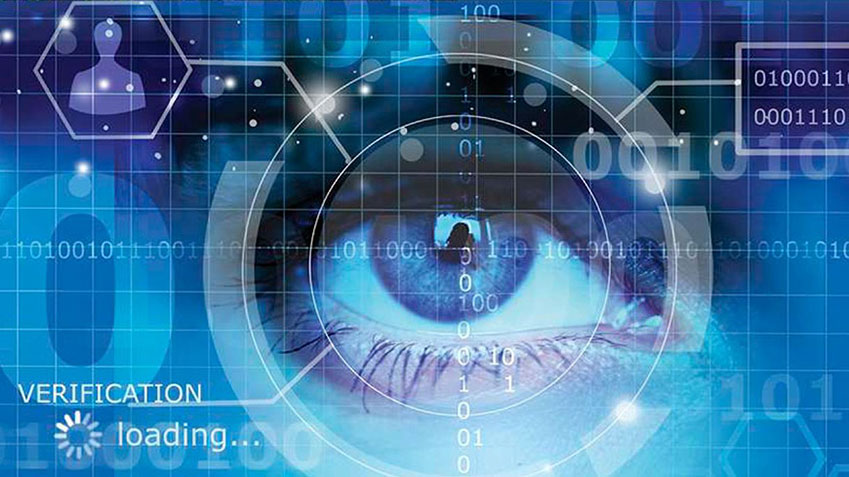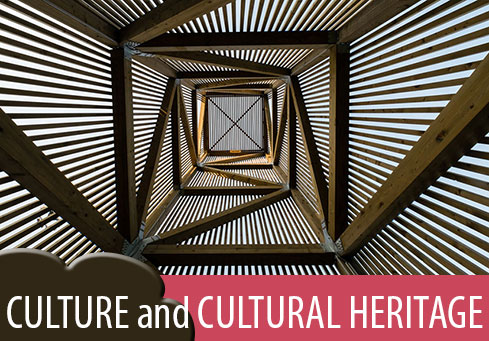Be it though smartphone apps, streaming media or 3D effects, digital technology has creeped into the modern theatre a while ago. Artists and art directors have been experimenting with technology for years to use enrich their work, revitalise theatrical performance, and make theatre more relevant to digital audiences. Commenting on these trends back in 2012, Charlie Kenber, director and writer, suggested that “digital interaction with the dynamic of time can render theatre more, and not less, immediate.”
Many things have changed in modern theatre since then, but the ability to meet the challenge of new media has remained constant. To help overcome it, European Theatre Lab (ETL) is preparing a new initiative that aims to encourage an effective exchange of ideas on how theatre can be brought closer to online communities. As a partnering project between European Theatre Convention (ETC) and 6 European state repertory theatres, ETL has gathered experts from science, technology, media and the performing arts in order to bring European theatres and theatre communities online.
As of April 2017, the group will start organising various activities to empower theatres to successfully implement new digital trends. As outlined in their official press release, these will include OpenLabs, creative co-productions, research conferences, as well as a virtual lab platform and a unified, EU-wide communications campaign. This way, the project will call attention to the untapped potential of digitisation for theatres, while exploring its effects on 1) aesthetics, 2) audience participation and 3) communication and dissemination.
Developed with support of the Creative Europe programme of the European Union, the initiative will offer guidance on how European stages can be transformed with technology in order to garner more engagement by both offline and online audiences. Throughout 2017 and 2018, the ETL activities will be carried out across Europe to help both online and offline audiences experience the fresh energy digitisation can bring to the stage.
By introducing new possibilities and encouraging cross-sector collaboration, ETL will beat the path for modern theatres to present their creative potential to a wider audience. This way, ETL will play a major role in making culture accessible to all Europeans, which makes it an important factor in expanding the concept of the Internet of Citizens and in creating a shared space where everyone can freely explore culture.
Bojana Dobran
Content Consultant




